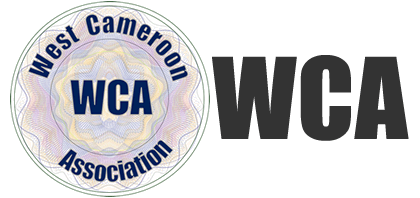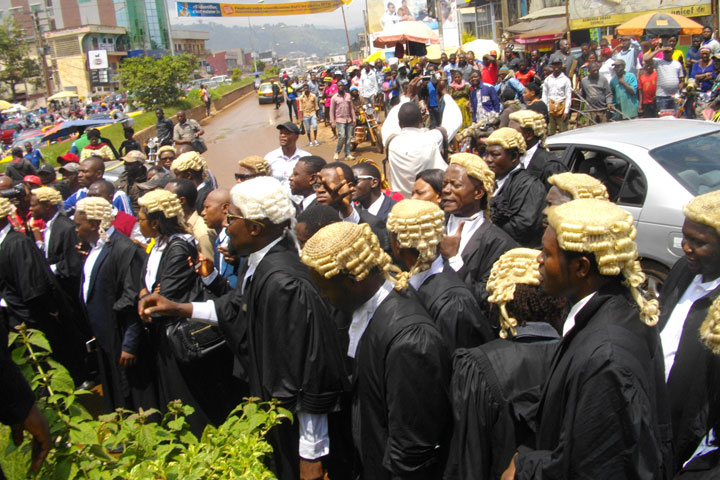Aunique feature of Cameroonian Legal System is this: It is bijural, consisting of of two distinct legal systems: the English common law system and the French civil law system. Like most countries in African, this is a relic of the colonial era, the English Common Law operating in the two Anglophone regions of North West and South West Regions of Cameroon and the French Civil Law system operating in the eight Francophone regions. This stemmed from the League of Nations’ agreement with the French and British, which conferred on these two powers, in Article 9, “full powers of administration and legislation”. The applicable law was based on Section 11 of the Southern Cameroons High Court Law (SCHCL), 1958, which provided for the application of English common law, the doctrines of equity and statutes of general application which were in force in England on January 1, 1900.
This is the source of the Anglophone problem: Forced government expansion of civil law system from Francophone into Anglophone Cameroon, often disguised as harmonisation is not only unconstitutional but directly undermines the discrete and incompatible nature of the legal traditions that have defined the two systems since Roman era. It is a fundamental barrier to citizens’ access to justice in present day North and South West regions of Cameroon.
Article 68 of the 1996 Cameroon Constitution provides: “The legislation applicable in the Federal State of Cameroon and in the Federated States on the date of entry into force of this Constitution shall remain in force insofar as it is not repugnant to this Constitution, and as long as it is not amended by subsequent laws and regulations”. The laws that underpin Common Law system in Anglophone Cameroon are not repugnant to the Cameroon Constitution. The introduction of the civil law system into the common law jurisdiction of Cameroon is. It is easy to forget that the 1996 Constitution was a response to pro-democracy nation-wide strikes and demonstrations that had started in the early 1990s.


